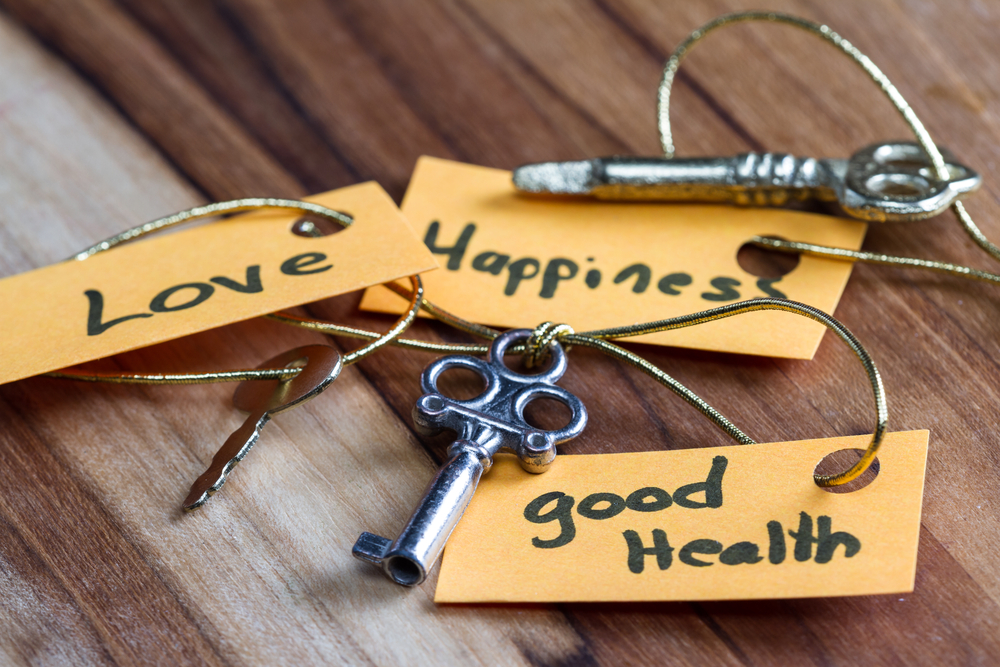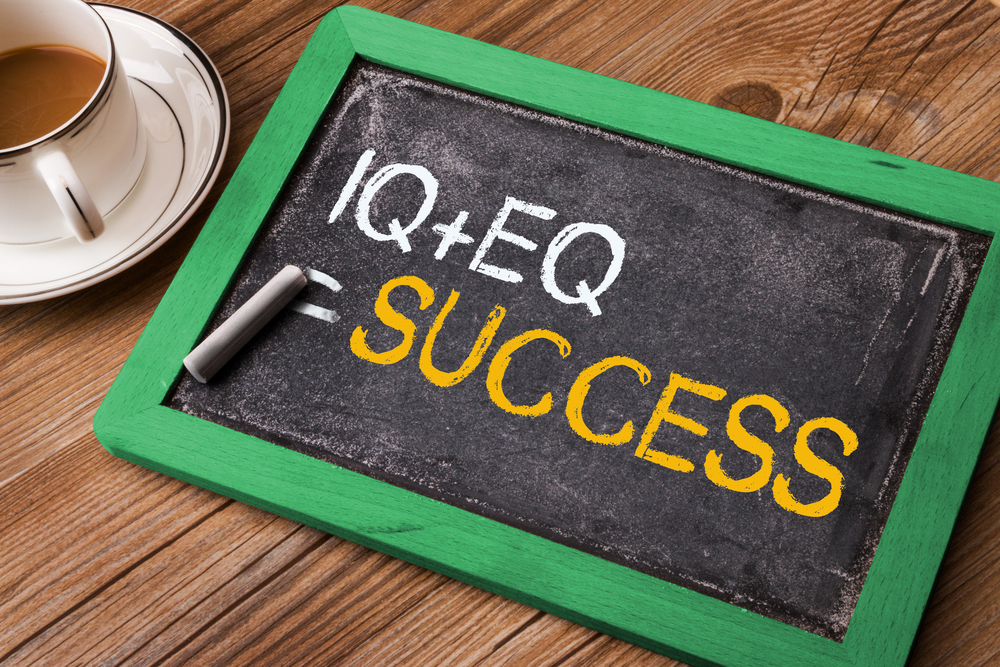If you feel different emotions in one day, every day, and can get through your daily tasks without your emotions getting in the way, you certainly have a high emotional quotient. Emotional Quotient or EQ is the fusion of emotion and logic. It is what governs your reactions to everything happening around you.

Some of us are naturally very emotional, and sometimes it gets extremely difficult to keep those intense emotions in check. Being emotional is a great quality, but only as long as you can understand the origin and extent of your emotions and understand the after-effects that you might have to face on expressing them. If you let your emotions overpower you, you might end up feeling negative the entire day. Unwanted or unruly expression of emotions can be damaging to you and the others around you. Moreover, unchecked emotional outbursts can be very damaging to your personal and professional life.
What is EQ?
Emotional Quotient (EQ), as described above, is the measure of your emotional intelligence. It helps us have a happy and successful life by guiding us through logical and profitable responses during emotional situations. EQ has five parts –
• Self-awareness – This is the ability to identify and analyze your emotions and how it might affect others around you. Looking deep into your immediate feelings and psyche is the truest and most potent form of self-evaluation. Understanding your true self brings awareness of your positive and negative aspects and will help you change for the better.
• Self-regulation – Once you understand the actual emotion that you are feeling, you must quickly think up the ways to act on it, or not. If your boss is pounding you with questions on your work and it is riling you up, it is always wise to think twice before you act. There are two ways to act in such a situation – you can be rude at them and storm away, this might potentially get you fired, or calmly answer their questions and handle the situation well. There are also times when being quiet is not the answer. If someone close to you is being harmful to your self-image or self-respect, you must most definitely speak up and let them know what you feel, but remember not to be very hurtful if you don’t want to lose the person.
• Self-motivation – Irrespective of being motivated or not by others around you, it is certainly important to motivate yourself to get through any hurdle, big or small. Motivating yourself is a great way to stay focused on the goals that you have set for yourself, personally and professionally. It is not just the self-motivation that is important; you should also believe in yourself to have the potential to fulfill your goals.
• Empathy – Yes, your emotions are important, but so are others’ emotions. It is certainly essential that you consider the feelings of others before responding to any situation. Being empathetic will bring you respect, mutual understanding, great friendships, and strong relationships. This will also increase your self-love.
• Social behavior – There are times when you might be out with your friends and one of them says something that hurts or angers you. These are times when you should certainly check your response because after all, they matter to you. Strong social skills are great to build friendships or have a good rapport with co-workers, and you can do that easily by working on your listening and speaking skills.

Emotional people tend to give in to their emotions and let their emotions override their logic. There is a very high chance of irreparable damage in such situations. Being emotionally vulnerable can also allow people to emotionally manipulate you. If you let the criticism you receive from others constantly affect you, your self-esteem will suffer. This might lead you to develop unhealthy coping habits such as alcoholism, binge eating, or impulse shopping. You will also start depending on others for validation instead of being satisfied by yourself. These habits are extremely harmful to your physical and mental health, personal relationships, and financial situation.
Considering yourself unworthy will reflect not only on your daily mood and lead to depression but will also eventually affect your choice of partner. Anyone who makes you feel like they are giving you more than you think you deserve will seem attractive and a great choice for you. Your self-image might become so low that you might even be accepting of their misbehavior or any other toxic traits because you think you deserve it. The good news is that you can change the situation as soon as you realize how wrong it is; it is never too late to understand your worth and want to change your life into the way you envision it to be.
Never let your emotions cloud your judgment and never, ever, let anyone tell you how to feel or invalidate your feelings. Understand your emotions and be in sync with the reasons behind them. If you feel that it is a specific person or a situation that is bringing out the emotional overflow, cut them out of your life. Getting rid of toxic people and situations is something your future happy self will certainly thank you for.

Too much of anything is bad, and that goes for emotions too. Let the emotions flow within you but learn how to restrict and channel them appropriately according to your circumstances and social situations. Don’t let the emotional you rise above the logical you. Love yourself and others around you, accept yourself as you are, and take control of your feelings. Every time you do this, you become a more balanced and responsible person.







